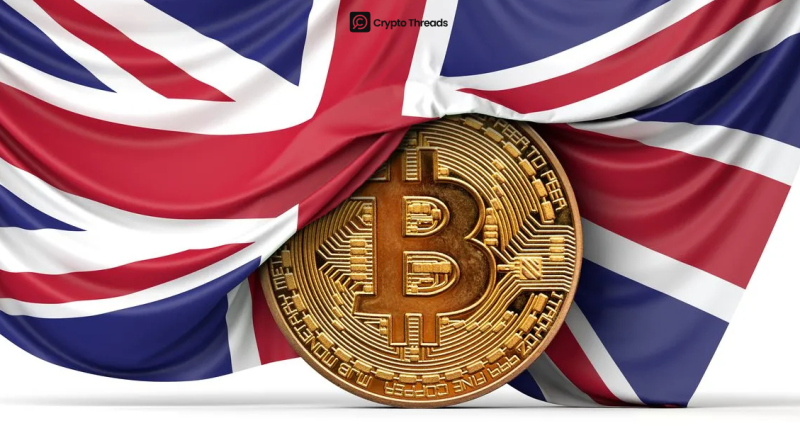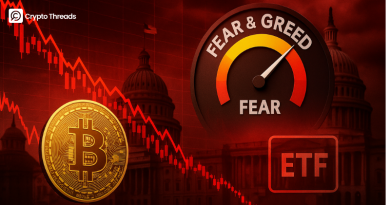Companies Weigh In as UK Prepares to Reverse Crypto ETNs Ban
Key Takeaways
- Ban Lifted: The UK’s FCA will end its ban on retail access to crypto ETNs from next week.
- ETFs Still Restricted: Retail investors remain barred from ETFs as the FCA says its framework must be updated first.
- Industry Support: Firms like BlackRock, Bitwise, and CoinShares are preparing to expand ETN offerings in the UK.
- Short Delays Expected: Trading may not begin immediately due to regulatory review of prospectuses.
- Global Context: The US approved spot Bitcoin ETFs in 2024, while the UK continues to move cautiously toward broader crypto investment access.
UK Moves Toward Retail Access to Crypto ETNs
The United Kingdom is preparing to end its long-standing ban on retail access to crypto exchange-traded notes (ETNs), a decision that marks a shift in its regulatory approach to digital assets. The Financial Conduct Authority (FCA) confirmed in an August 1 notice that the ban, first imposed in 2019, will be lifted starting next week.
Retail investors will be able to buy and sell ETNs provided the products are traded on an FCA-approved, UK-based recognized investment exchange. Unlike exchange-traded funds (ETFs), which remain off-limits, ETNs are debt securities tied to crypto assets and not backed by physical reserves. This distinction has allowed regulators to revisit ETNs while leaving ETFs under stricter review.

The FCA explained that lifting the ETN ban followed consultations with companies, trade groups, and consumer representatives. It emphasized that its framework for ETFs would need to be updated before retail access could be considered. “While several respondents called for retail access to cryptoasset ETFs, ETFs marketed to UK retail investors are unable to invest directly into cryptoassets under our current regulatory framework for funds,” the regulator said in its August update.
The policy shift brings the UK closer to aligning with other global markets where crypto-tied investment products are more accessible. In the United States, spot Bitcoin ETFs have been available since January 2024 after the Securities and Exchange Commission approved their listing, though the agency now faces operational limits due to funding disputes in Washington.
Industry Response and Market Impact
Companies active in the UK market are preparing to adapt quickly. BlackRock, the world’s largest asset manager, has reportedly been exploring ways to make its iShares Bitcoin exchange-traded product available for retail investors once the ban is lifted. Bitwise CEO Hunter Horsley welcomed the decision, saying he was “excited to be able to serve more investors in our home market in Europe at long last.”
CoinShares, another major player in the European crypto investment space, is also expected to expand its offerings. However, according to the Financial Times, retail investors may need to wait up to a week before trading begins. The delay is largely due to the FCA only starting to accept prospectuses on September 23, giving the regulator limited time to review submissions and raise any concerns.
Industry observers see the move as a positive step but also recognize the limitations that remain. Ian Taylor, board adviser to the digital assets trade association CryptoUK, said the UK had been “an outlier on ETNs” until now. He added that expanding access could improve consumer protections by allowing regulated investment vehicles to compete with unregulated alternatives.
While ETNs are regaining ground, ETFs and other derivatives remain excluded from retail access. The FCA stressed that meaningful changes to its framework would be required before crypto ETFs could be approved. For now, institutional investors will continue to dominate the UK ETF space while retail traders focus on ETNs.
The timing of the reversal coincides with the government’s ambition to position the UK as a global crypto hub. Policymakers have repeatedly signaled their intent to embrace digital asset innovation while maintaining consumer safeguards. Opening ETNs to retail investors provides another avenue for regulated exposure, but the ongoing restrictions on ETFs show that the country is not yet ready to fully match the US or European Union in terms of product variety.



